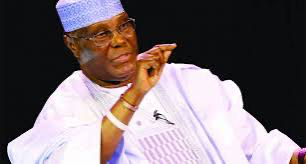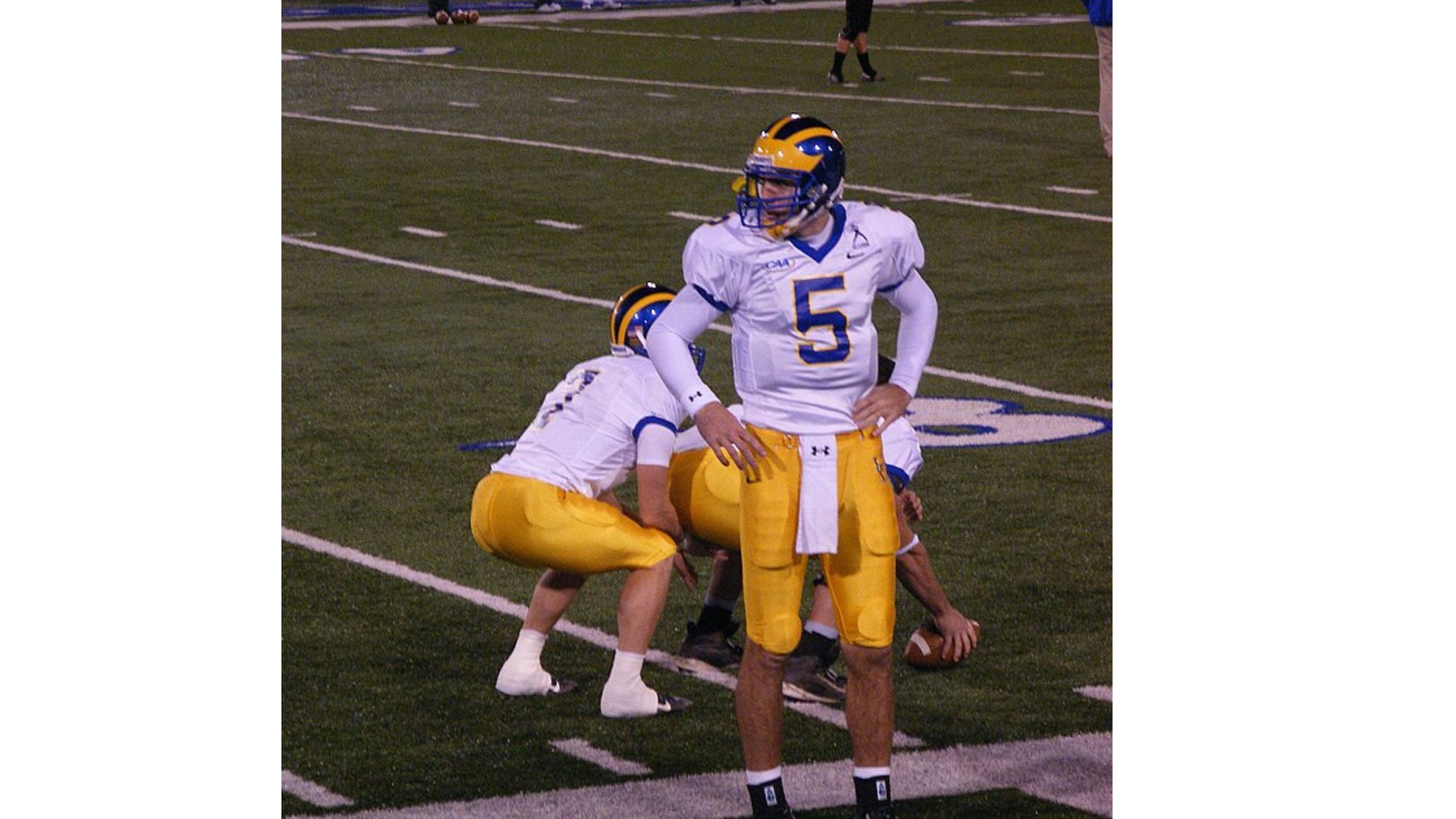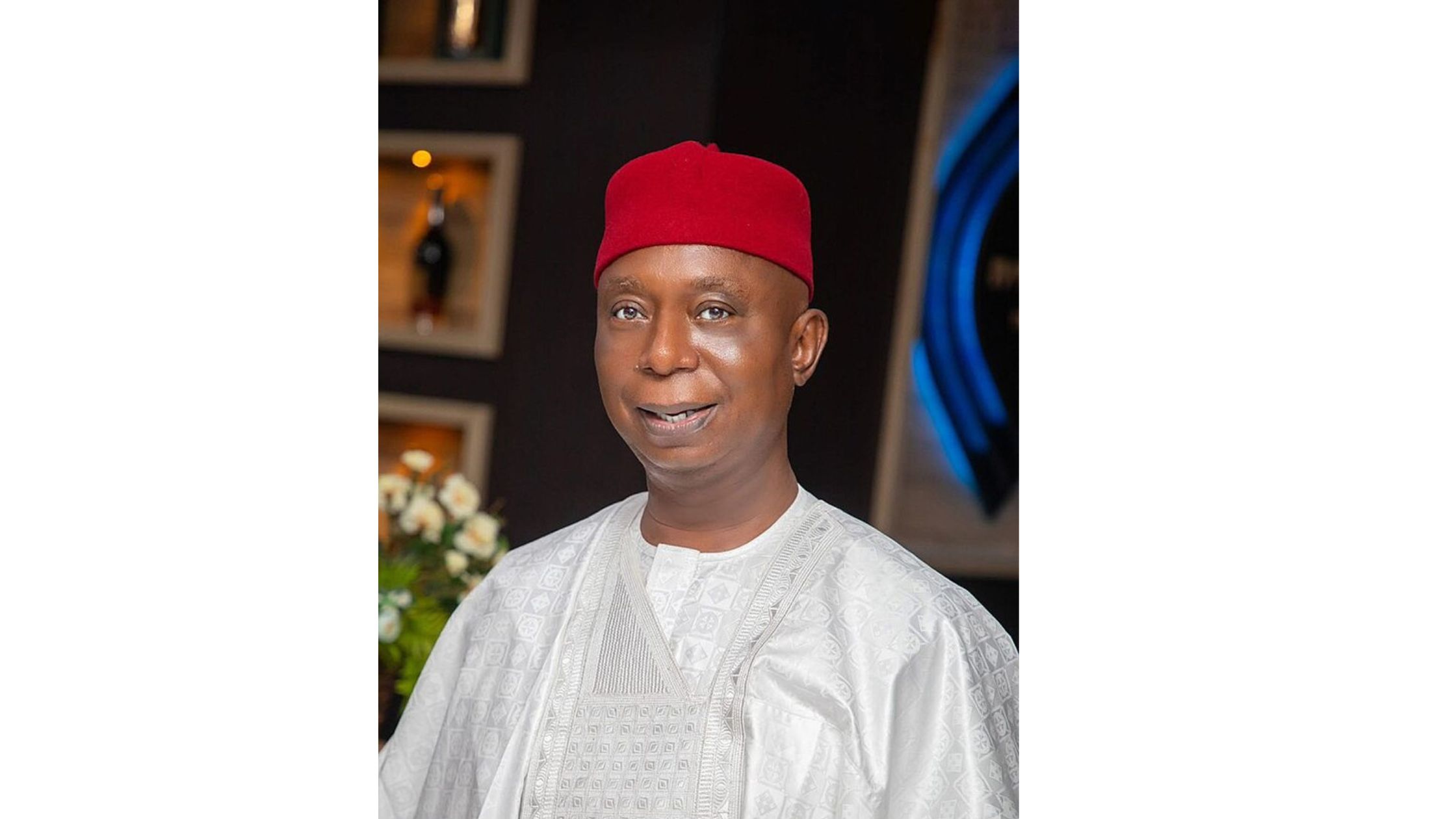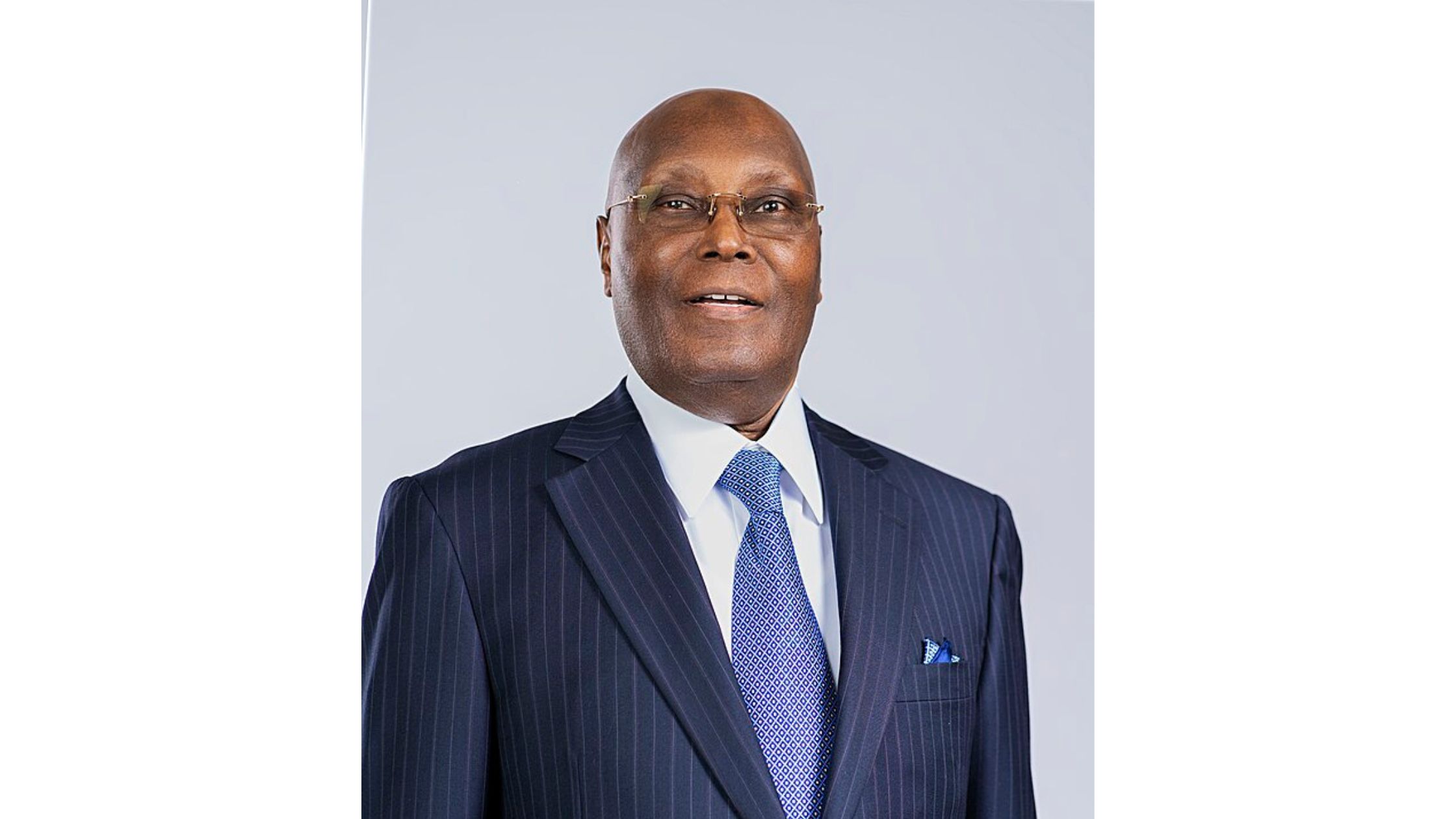Tensions in Coalition Formation
Efforts to form a political coalition ahead of Nigeria’s 2027 presidential election are facing significant hurdles, with former Vice President Atiku Abubakar’s potential candidacy and disputes over zoning creating obstacles.
A source involved in the discussions revealed that allies of Labour Party’s 2023 presidential candidate, Peter Obi, and former Rivers State Governor, Rotimi Amaechi, are advocating for power to remain in the South for eight years. However, uncertainty surrounding Atiku’s intentions has slowed progress.
According to the source, many coalition participants from the South are hesitant to commit fully, fearing that supporting an alliance without clear zoning agreements could undermine their own political ambitions.
The Emergence of the Coalition
Last Thursday, opposition leaders, including Atiku, Obi, and former Kaduna State Governor Nasir El-Rufai, announced the formation of a coalition aimed at unseating President Bola Tinubu.
The discussion on forming an opposition alliance had been gaining momentum, with Atiku consistently emphasizing the need for unity among opposition parties.
On March 8, 2025, he publicly confirmed his active involvement in bringing opposition groups together to challenge the ruling All Progressives Congress (APC).
The defection of El-Rufai from the APC to the Social Democratic Party (SDP) on March 10 further fueled coalition talks. Atiku and other political figures declared last Thursday’s gathering as the official launch of the opposition alliance.
Among those present at the event were former Secretary to the Government of the Federation, Babachir Lawal; National Secretary of the Coalition of United Political Parties (CUPP), Peter Ahmeh; and The Alternative’s Convenor, Segun Showunmi.
Additionally, key figures such as former Governors Rotimi Amaechi (Rivers) and Kayode Fayemi (Ekiti), along with ex-APC National Chairman, Abdullahi Adamu, were absent but sent apologies.
Why Negotiations Have Stalled
A source close to the talks explained that disagreements over zoning and Atiku’s political ambitions were slowing down discussions.
“The major challenge is that some key figures involved in the coalition also want to contest in 2027. The camps of Obi and Amaechi insist that the South should retain power, while Atiku’s supporters want him to run again,” the source said.
He added that many southern politicians are reluctant to fully engage in the coalition without clarity on Atiku’s position.
“If they support the coalition now and later the contest is thrown open, Atiku could dominate the race just like he did in 2019 and 2023 under the PDP. That would put them at a disadvantage and weaken their region’s political strength,” he explained.
This uncertainty has led to reluctance among some leaders to participate openly, with several skipping coalition meetings.
“The coalition members agree on the need for an alliance, but until they resolve whether a Southerner should take over from Tinubu, the discussion will remain inconclusive,” the source added.
Push for a Southern Candidate
Peter Ahmeh, CUPP’s National Secretary and a close associate of Obi, reinforced the argument for a Southern presidential candidate in 2027.
In an interview, he stated, “There is an unwritten agreement for power rotation between the North and South. To maintain stability, we must allow the South to complete its eight years before it shifts to the North.”
Ahmeh, a northerner himself, argued that adhering to this informal arrangement would benefit the country.
“The failure of governance in Nigeria is due to mediocrity. If leadership were based on competence and merit, the country would progress, and regional considerations would eventually fade away. But for now, we must honor existing agreements to maintain balance,” he added.
He warned that if the coalition did not respect this arrangement, Southern leaders might withdraw their support, making it difficult to build a strong opposition.
NNPP and PDP Oppose Zoning
Not everyone in the coalition agrees on zoning. Buba Galadima, a leader of the New Nigeria Peoples Party (NNPP) and an ally of 2023 presidential candidate Rabiu Kwankwaso, dismissed the notion of a zoning agreement.
“There is no official agreement between the North and South,” Galadima stated. “In a true democracy, elections should be about competence, not regional balancing.”
Similarly, PDP Deputy National Youth Leader Timothy Osadolor argued that the coalition should focus on merit rather than regional considerations.
He criticized Tinubu’s administration and suggested that the opposition should prioritize fielding a strong candidate rather than being constrained by zoning policies.
APC and Atiku Camps Trade Accusations
The ruling APC dismissed the coalition talks, describing them as a weak effort destined to fail.
APC’s Director of Publicity, Bala Ibrahim, argued that Atiku was only interested in his personal political ambitions rather than national progress.
“Atiku is not a democrat; he’s just a contestant. Everything he does is for his own benefit. A coalition built on such interests will collapse,” Ibrahim said.
In response, Atiku’s media adviser, Paul Ibe, accused the APC of failing in governance and causing economic hardship, which has fueled discussions about forming an opposition alliance.
Ibe also downplayed concerns that Atiku’s unclear stance on 2027 was stalling negotiations.
“The priority now is to build a strong coalition. The focus is on uniting the opposition, not individual ambitions,” he said.
He urged stakeholders to remain patient as discussions progress, insisting that the ultimate goal is to remove the APC from power.








Leave a Reply